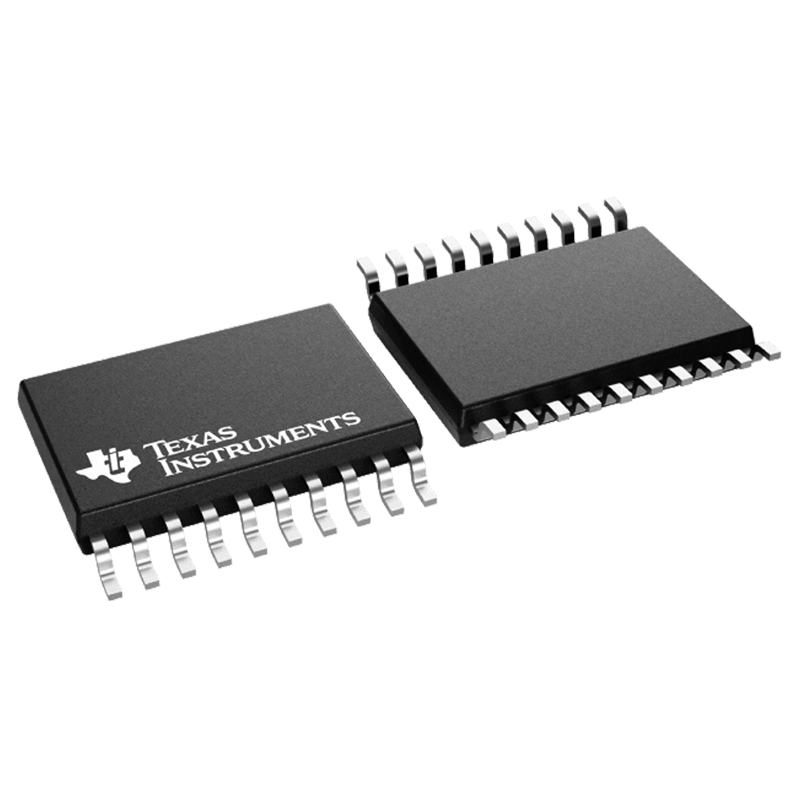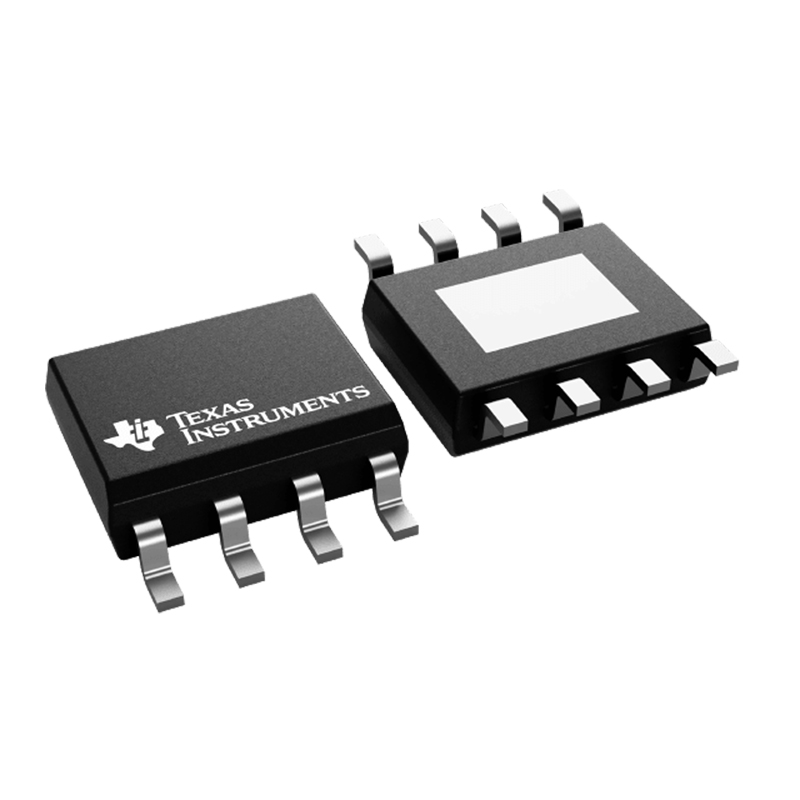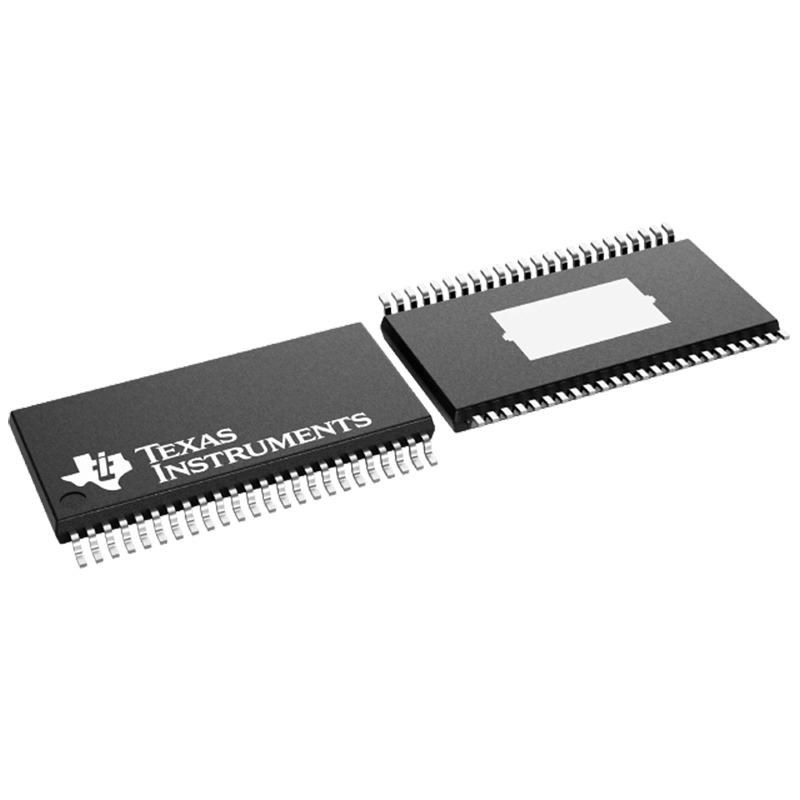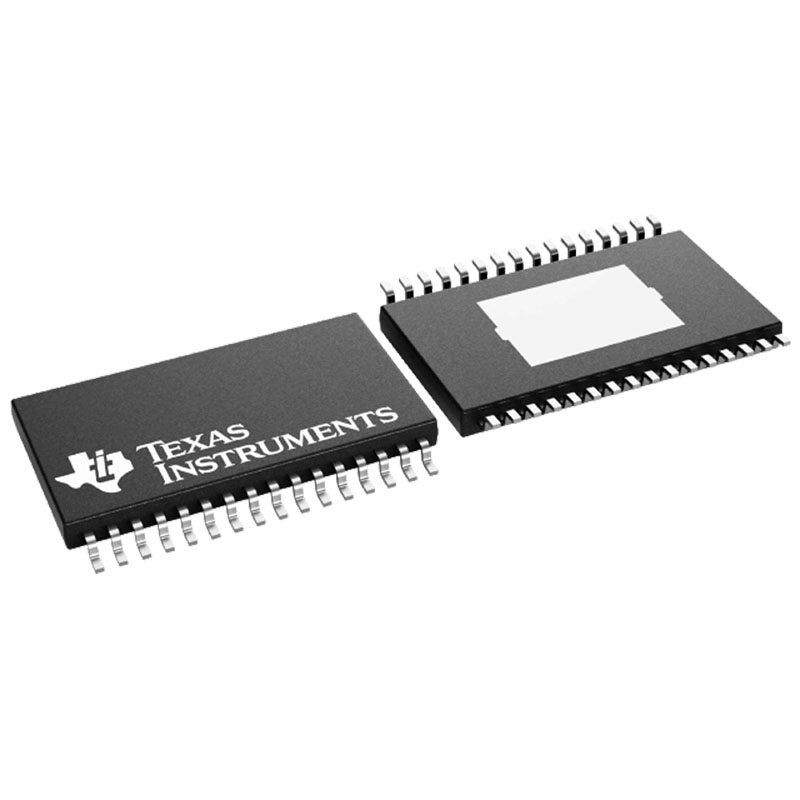
Products
China wholesale Sample Rate Converters - ADS1147IPWR 16-Bit 2kSPS 4-Ch ADC With PGA – FlyBird
China wholesale Sample Rate Converters - ADS1147IPWR 16-Bit 2kSPS 4-Ch ADC With PGA – FlyBird Detail:
Features for the ADS1147
Programmable Data Rates Up to 2 kSPS
Single-Cycle Settling for All Data Rates
Simultaneous 50-Hz and 60-Hz Rejection at
20 SPS
Analog Multiplexer With 8 (ADS1148) and
4 (ADS1147) Independently Selectable Inputs
Programmable Gain: 1 V/V to 128 V/V
Dual-Matched Programmable Excitation Current Sources
Low-Drift Internal 2.048-V Reference
Sensor Burnout Detection
4 or 8 General-Purpose I/Os (ADS1147 and ADS1148)
Internal Temperature Sensor
Power Supply and VREF Monitoring (ADS1147 and ADS1148)
Self and System Calibration
SPI™-Compatible Serial Interface
Analog Supply: Unipolar (2.7 V to 5.25 V) or Bipolar (±2.5 V)
Digital Supply: 2.7 V to 5.25 V
Description for the ADS1147
The ADS1146, ADS1147, and ADS1148 devices are precision, 16-bit analog-to-digital converters (ADCs) that include many integrated features to reduce system cost and component count for sensor measurement applications. The devices feature a low-noise, programmable gain amplifier (PGA), a precision delta-sigma (ΔΣ) ADC with a single-cycle settling digital filter, and an internal oscillator. The ADS1147 and ADS1148 devices also provide a built-in, low-drift voltage reference, and two matched programmable excitation current sources (IDACs).
An input multiplexer supports four differential inputs for the ADS1148, two for the ADS1147, and one for the ADS1146. In addition, the multiplexer integrates sensor burn-out detection, voltage bias for thermocouples, system monitoring, and general purpose digital I/Os (ADS1147 and ADS1148). The PGA provides selectable gains up to 128 V/V. These features provide a complete front-end solution for temperature sensor measurement applications including thermocouples, thermistors, and resistance temperature detectors (RTDs) and other small signal measurements including resistive bridge sensors. The digital filter settles in a single cycle to support fast channel cycling when using the input multiplexer and provides data rates up to 2 kSPS. For data rates of 20 SPS or less, both 50-Hz and 60-Hz interference are rejected by the filter.
Product detail pictures:

Related Product Guide:
Our company puts emphasis on the management, the introduction of talented personnel, and the construction of staff building, trying hard to improve the quality and liability consciousness of staff members. Our company successfully attained IS9001 Certification and European CE Certification of China wholesale Sample Rate Converters - ADS1147IPWR 16-Bit 2kSPS 4-Ch ADC With PGA – FlyBird , The product will supply to all over the world, such as: Puerto Rico, Cambodia, Croatia, We adhere to client 1st, top quality 1st, continuous improvement, mutual advantage and win-win principles. When cooperation together with the customer, we provide shoppers with the highest high-quality of service. Established good business relations using the Zimbabwe buyer inside the business, we've got established own brand and reputation. At the identical time, wholeheartedly welcome new and old prospects to our company to go to and negotiate small business.
1. Who are the staff in your R & D department? What are your qualifications?
-R & D Director: formulate the company’s long-term R & D plan and grasp the direction of research and development; Guide and supervise r&d department to implement company r&d strategy and annual R&D plan; Control the progress of product development and adjust the plan; Set up excellent product research and development team, audit and training related technical personnel.
R & D Manager: make new product R & D plan and demonstrate the feasibility of the plan; Supervise and manage the progress and quality of r&d work; Research new product development and propose effective solutions according to customer requirements in different fields
R&d staff: collect and sort out key data; Computer programming; Conducting experiments, tests and analyses; Prepare materials and equipment for experiments, tests and analyses; Record measurement data, make calculations and prepare charts; Conduct statistical surveys
2. What is your product research and development idea?
- Product conception and selection product concept and evaluation product definition and project plan design and development product testing and validation launch to market
This is a honest and trustworthy company, technology and equipment are very advanced and the prodduct is very adequate, there is no worry in the suppliment.



